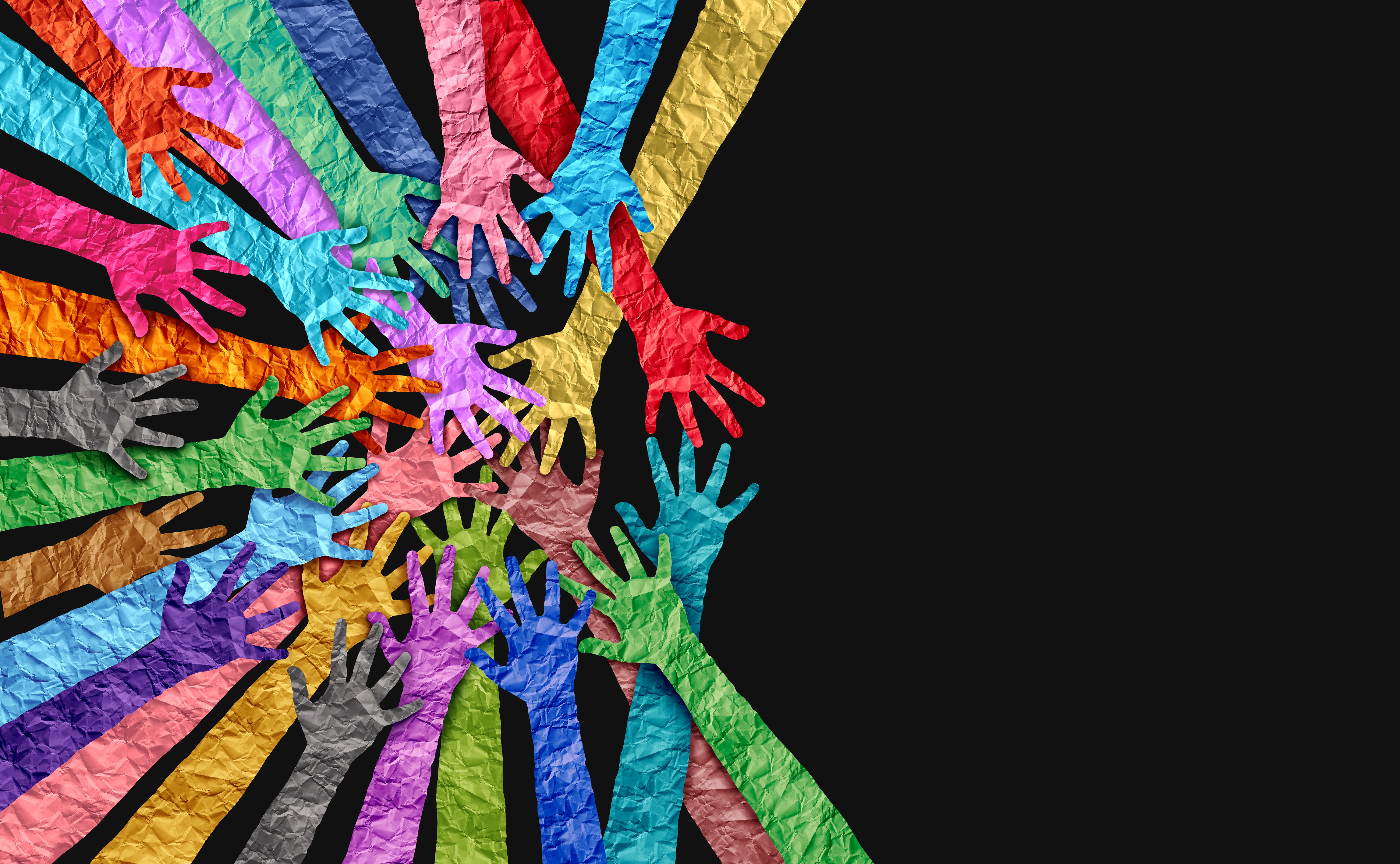The Importance of Culturally Sensitive Assessments in Family Preservation
BS
Understanding Culturally Sensitive Assessments
Family preservation is a critical aspect of social work, aimed at keeping families together and ensuring their well-being. One of the essential components of effective family preservation is the implementation of culturally sensitive assessments. These assessments take into account the diverse backgrounds and unique cultural contexts of families, allowing social workers to develop more effective intervention strategies.
By understanding the cultural dynamics within a family, professionals can tailor their approaches to meet specific needs, ultimately leading to better outcomes. Culturally sensitive assessments help in recognizing cultural strengths that can be leveraged in family support plans.

The Benefits of Culturally Sensitive Assessments
Incorporating cultural sensitivity into assessments provides numerous benefits. One of the primary advantages is that it promotes trust and rapport between families and social workers. When families feel understood and respected, they are more likely to engage actively in the preservation process.
Another key benefit is that culturally sensitive assessments help in identifying potential cultural barriers that might affect family dynamics. This understanding allows for the creation of tailored interventions that respect cultural norms and values, fostering a supportive environment for change.
Improving Communication and Understanding
Effective communication is vital in family preservation efforts. Culturally sensitive assessments enhance communication by ensuring that language barriers are addressed and that cultural nuances are considered. This leads to more accurate information gathering and a deeper understanding of family needs.

Challenges in Implementing Culturally Sensitive Assessments
While the benefits are clear, implementing culturally sensitive assessments is not without its challenges. Professionals may face difficulties due to a lack of cultural competence or insufficient training. Additionally, there may be limited access to resources that help in understanding diverse cultural backgrounds.
Overcoming these challenges requires a commitment to continuous education and training for social workers. It also involves creating inclusive policies that support the integration of cultural sensitivity into all aspects of family preservation services.
The Role of Training and Education
Training is crucial for equipping social workers with the skills needed to perform culturally sensitive assessments effectively. Comprehensive education programs should include modules on cultural awareness, communication strategies, and the impact of culture on family dynamics.

Strategies for Effective Culturally Sensitive Assessments
Several strategies can enhance the effectiveness of culturally sensitive assessments. First, engaging with cultural consultants or community leaders can provide valuable insights into specific cultural practices and beliefs. Second, employing interpreters or bilingual staff can bridge language gaps.
- Utilize community resources for cultural insights.
- Incorporate feedback from families to improve assessment processes.
- Regularly update training materials to reflect current cultural dynamics.
The Future of Family Preservation
The future of family preservation lies in embracing diversity and inclusion through culturally sensitive practices. As societies become more diverse, adopting these practices will ensure that all families receive equitable support tailored to their unique circumstances.

Culturally sensitive assessments are not just an optional component but a fundamental necessity in family preservation efforts. By prioritizing these assessments, social workers can foster stronger, more resilient families capable of overcoming challenges and thriving in their environments.
